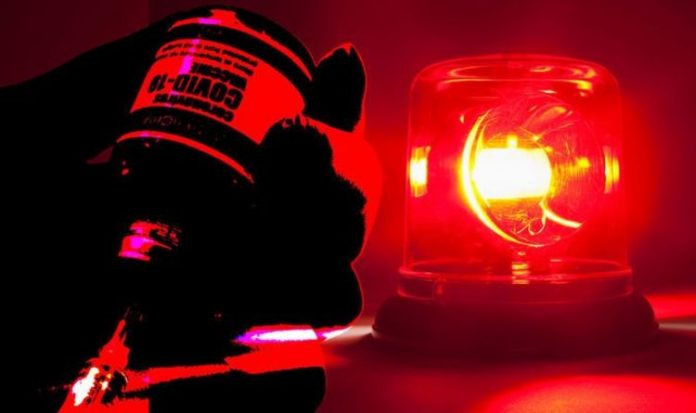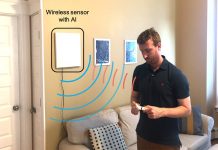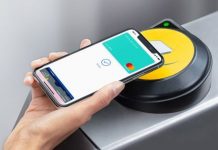The Covid UK vaccine programme is taking place right now, with the NHS rolling out the jab in stages. Already millions of doses of the vaccine have been delivered, with the NHS rolling out the vaccine to the most vulnerable members of our society at first. And as people in the UK eagerly await to receive the coronavirus vaccine scammers have begun to twist this scenario to their advantage.
Action Fraud has reported a rise in coronavirus vaccine scams these past two months, particularly scam text messages.
As of January 10, Action Fraud had received 65 reports of scams in relation to coronavirus vaccines.
Scams the public have reported include suspicious text messages urging people to click a link to a fake NHS booking site, or asking for personal details such as bank account numbers.
Con artists have also used telephone calls to try and extract payments for the coronavirus vaccine.
READ MORE: Coronavirus jab to be offered to five million over-70s ‘next week’
Just remember the coronavirus vaccine is free of charge, and at no point will you be asked to pay. If you receive a call, text or e-mail claiming otherwise then it’s the work of scammers.
Speaking about the threat, Pauline Smith, head of Action Fraud, said: “Thankfully, the number of reports into Action Fraud are relatively low but we have seen an increase in the last two months, particularly around scam text messages.
“Anyone asking for payment for the vaccine is committing fraud.
“If you have received a text message, email or phone call where someone has tried to charge you for the vaccine please report this to Action Fraud, even if you haven’t given them any money.
“Your report can help us protect others.”
DON’T MISS: Make sure everyone you know is aware of this NHS COVID-19 text scam
While Adam French, Which? Consumer Rights Expert, added: “The vaccine roll out is just the latest hook that fraudsters are using to exploit the pandemic for their own financial gain.
“You should never share personal or financial information with any unsolicited communication, like emails, texts or phone calls, and don’t follow any links – scammers will try to take advantage of the current uncertainty by any means possible.
“The government must now prioritise legislative options to stem the rising tide of scams across the UK and prevent more innocent people from falling victim to these crimes.”
Action Fraud on their website offers advice on how to spot a coronavirus vaccine scam.
The telltale signs of a scam are…
• The NHS will never ask you for your bank account or card details.
• The NHS will never ask you for your PIN or banking password.
• The NHS will never arrive unannounced at your home to administer the vaccine.
• The NHS will never ask you to prove your identity by sending copies of personal documents such as your passport, driving licence, bills or pay slips.




